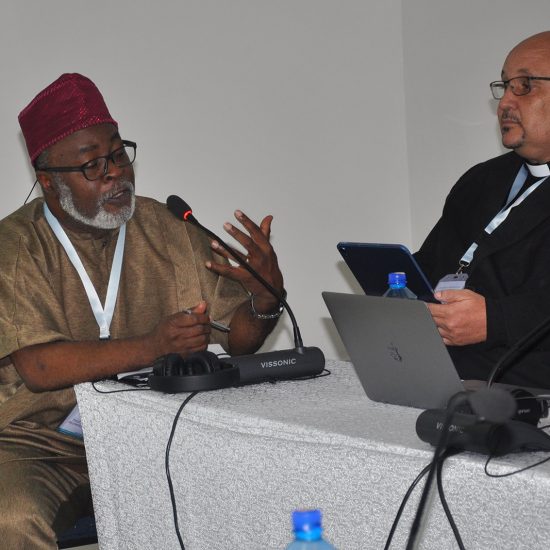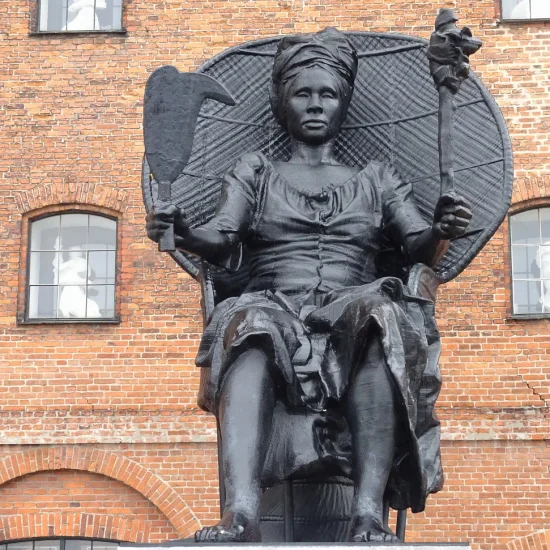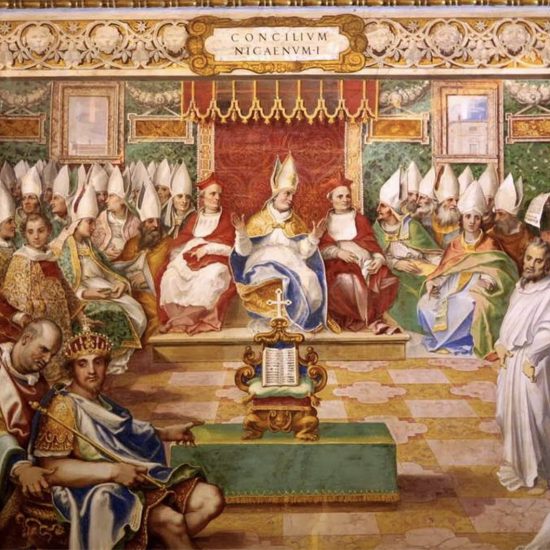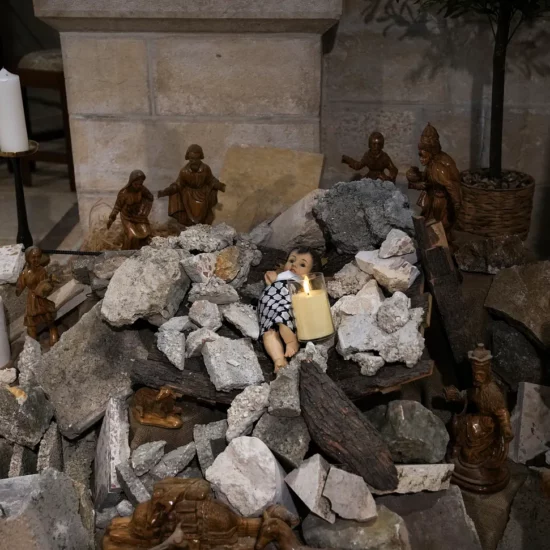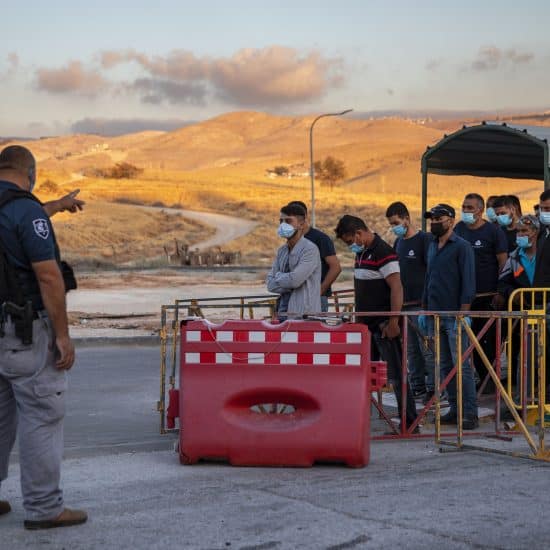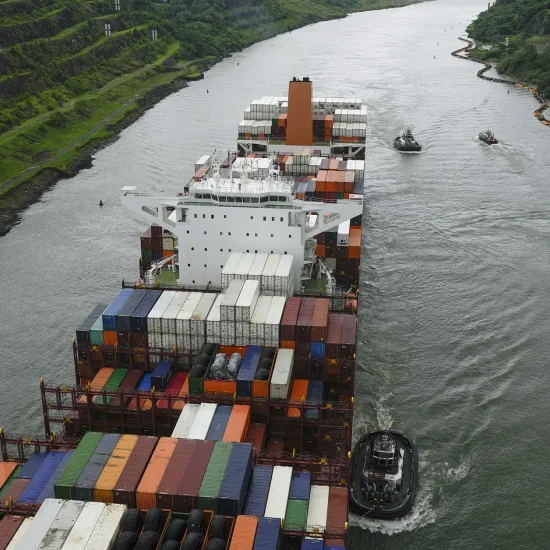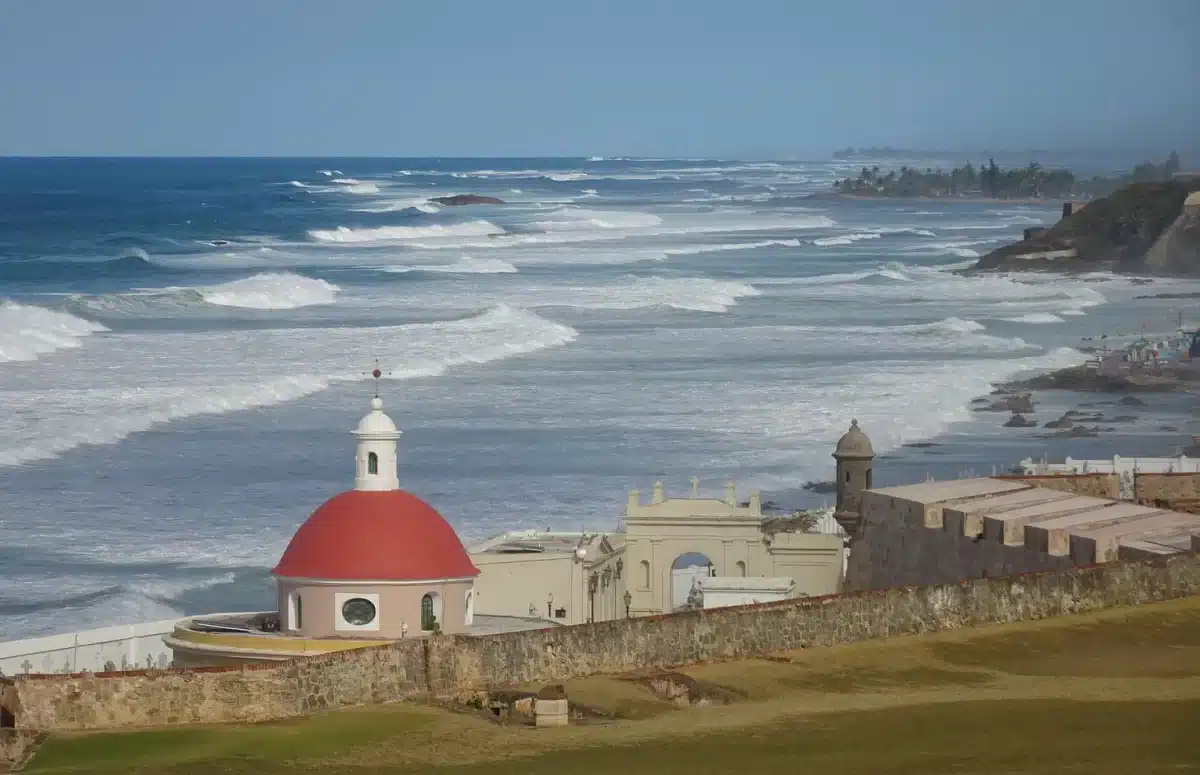
The first negative phone call I received as president and editor of Word&Way came early in 2017 just a couple months after I started. The individual expressed anger about an article we printed reporting on Puerto Rican Baptists criticizing Franklin Graham after the evangelist endorsed some of the anti-immigration policies of the new U.S. president, Donald Trump. Graham was set to hold an evangelistic rally on the island, but the local Baptist leaders decided to pull out of the event.
The reader complained about the piece, which was merely a news article about the controversy and didn’t opine about who was right (but, just to be clear, the correct side was the Puerto Rican Baptists). The caller insisted we should support Graham and that she didn’t care what people in other countries think.
I explained why we should listen to and learn from Christians in other countries, which is something Word&Way regularly provides. And I noted that Puerto Ricans are U.S. citizens, which apparently came as a bit of a surprise to the caller.
However, after visiting Puerto Rico last week for a meeting of the Baptist Peace Fellowship of North America (I serve on BPFNA’s board of directors), I also appreciate better the ways in which the island is both part of the U.S. and yet also not. That ambiguity is intentional, with the U.S. holding the island as an unincorporated territory. Such a status deprives the citizens there of many rights and opportunities.
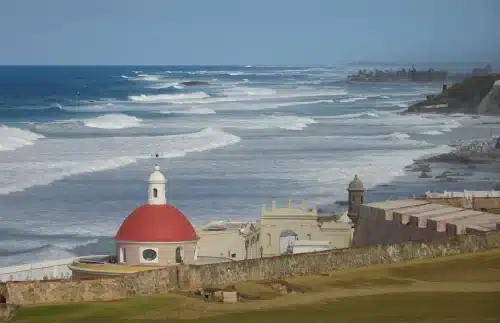
Coastline as seen from the grounds of the Spanish military fort Castillo San Cristóbal in San Juan, Puerto Rico. (Brian Kaylor/Word&Way)
A 1901 U.S. Supreme Court decision ruled that the U.S. Constitution did not necessarily apply to residents of Puerto Rico (and therefore also in other such territories). That majority opinion was largely made up of the same justices who just five years earlier had ruled in Plessy v. Ferguson that racial segregation was constitutionally allowed (thus creating the alleged “separate but equal” doctrine to justify segregated inequality). While the Plessy decision was overturned by Brown v. Board of Education in 1954 and later decisions, the Downes v. Bidwell opinion governing territories remains in place.
The island was deemed in the ruling as “foreign to the United States in a domestic sense” and “belonging to the United States, but not a part of the United States.” The majority added that when the nation gains a new territory, there could be a reason not to apply the Constitution: “If those possessions are inhabited by alien races, differing from us in religion, customs, laws, methods of taxation, and modes of thought, the administration of government and justice, according to Anglo-Saxon principles, may for a time be impossible.” In short, the justices didn’t want to give constitutional rights to Puerto Ricans because they weren’t White.
“The United States presents itself as an anti-colonialism country, but the truth is that they have territories and colonies,” explained Luis Calderon Reyes, a Puerto Rican board member of BPFNA. “Puerto Rico is a colony.”
Thus, many on the island today note they are U.S. citizens but not Americans. The nationality they claim is Puerto Rican. BPFNA leans into this with its mission to work “in four member nations: Canada, the United States, Mexico, and Puerto Rico” (along with peacemakers around the world).
The status of Puerto Rico impacts the daily life of those living on the island where the population is greater than in 20 states. But those of us in the States are able to largely forget about our largest colony — other than when a hurricane strikes or some new show gains popularity (like West Side Story or Hamilton). Even in those moments, the island and its people can remain in our minds as foreign in a domestic sense, allowing us to stay comfortable with the actions of what the justices in the Downes case called “the American empire.”
This issue of A Public Witness takes you on a trip to Puerto Rico to explore the development of this separate and unequal system of justice and economics, hear from Puerto Ricans about the impact of colonialization today, and consider the complicity of Christian churches.
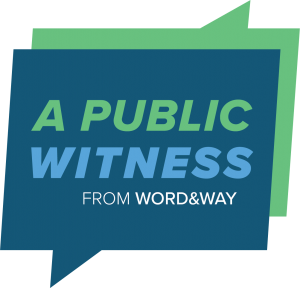
The rest of this piece is only available to paid subscribers of the Word&Way e-newsletter A Public Witness. Subscribe today to read this essay and all previous issues, and receive future ones in your inbox.

